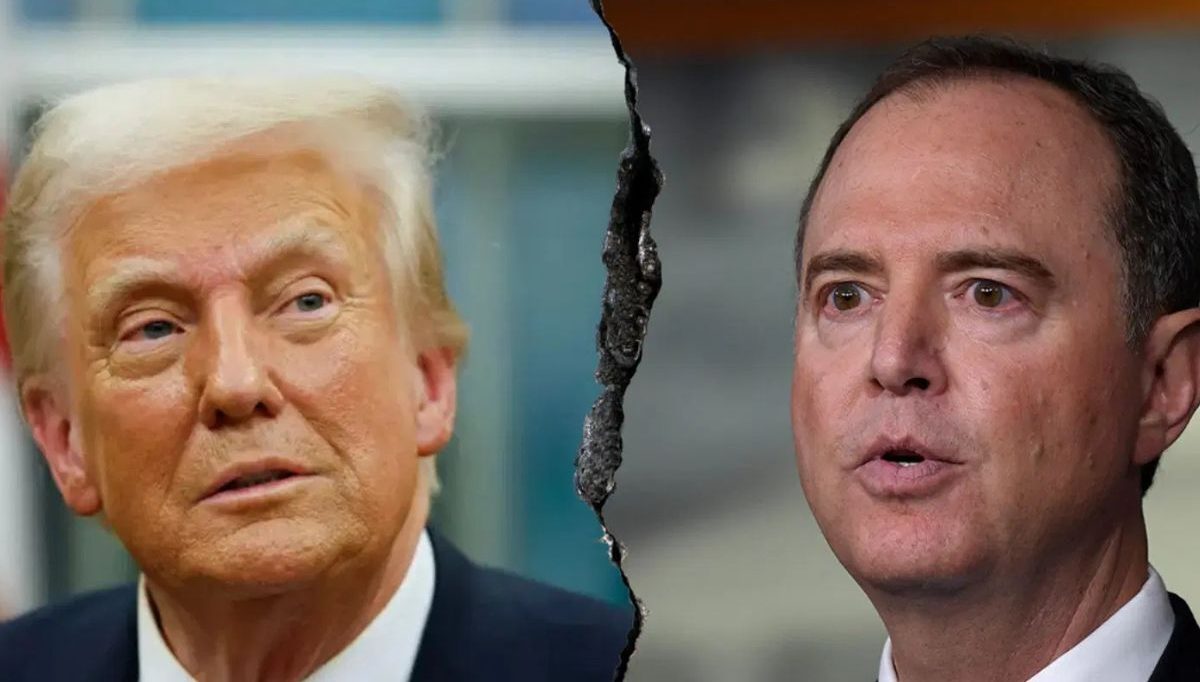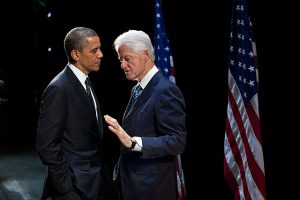Frustration Boils Within Party Ranks
A high-profile Democratic senator has voiced deep concern over his party’s approach to the current political climate, arguing that internal missteps are distracting from urgent economic issues facing American families. His comments add to an already tense atmosphere within the party, where dissatisfaction among voters is hitting record highs.
Missed Opportunity in a Key Moment
Speaking in a recent interview, the lawmaker criticized the absence of a unified, strategic response to the president’s latest national address. Instead of keeping the spotlight on economic concerns—such as the rising cost of housing, health care, and child care—he believes the party allowed the moment to slip into political theater.
His frustration echoes broader internal debates, particularly after another senator recently described the party’s recent behavior as a “series of unforced errors” and a distraction from core policy priorities.
The Polling Picture
Public sentiment appears to support concerns about the party’s direction. In a newly released national survey, more than half of the party’s own supporters said they disapprove of how their representatives are performing in Congress. Overall voter approval is even lower, matching the lowest point recorded since the poll began tracking this question more than 15 years ago.
The numbers are especially striking given that the opposing party is also facing slipping ratings—suggesting widespread voter frustration across the political spectrum. Still, the gap between party loyalty and public confidence is becoming a central worry for strategists heading into the next election cycle.
Calls for a More Proactive Approach
In the interview, the senator rejected suggestions from some political advisers that the best tactic might be to step back and let the opposition falter on its own. Instead, he called for a combination of active policymaking, legal challenges, and targeted outreach aimed at winning over new audiences.
He argued that waiting for political opponents to self-destruct is not a winning strategy, especially in a rapidly shifting political environment where narratives can change overnight.
A Shifting Political Landscape
The tension comes at a time of significant change in Washington. Following a dramatic election season, the opposition party reclaimed control of both the White House and the Senate, while also holding onto a narrow advantage in the House. Their gains included notable inroads with traditionally reliable voting blocs for Democrats, adding pressure on party leaders to reassess their messaging and policy priorities.
With the president advancing a wide-ranging and controversial agenda in the early months of his second term, calls for a stronger, more coordinated Democratic response have grown louder. Yet the path forward remains unclear, as divisions over tone, tactics, and priorities continue to surface.
What Lies Ahead
If internal disagreements persist, the party risks further alienating key supporters. Whether leaders can rally around a coherent message and regain voter confidence may determine how competitive they will be in the coming political battles.
https://www.youtube.com/watch?v=FKCdoYdqTSk

James Jenkins is a celebrated Pulitzer Prize-winning author whose work has reshaped the way readers think about social justice and human rights in America. Raised in Atlanta, Georgia, James grew up in a community that instilled in him both resilience and a strong sense of responsibility toward others. After studying political science and creative writing at Howard University, he worked as a journalist covering civil rights issues before dedicating himself fully to fiction. His novels are known for their sharp, empathetic portraits of marginalized communities and for weaving personal stories with broader political realities. Jenkins’s breakout novel, Shadows of Freedom, won national acclaim for its unflinching look at systemic inequality, while his more recent works explore themes of identity, resilience, and the fight for dignity in the face of oppression. Beyond his novels, James is an active public speaker, lecturing at universities and participating in nonprofit initiatives that support literacy and community empowerment. He believes that storytelling is a way to preserve history and inspire change. When not writing, James enjoys jazz music, mentoring young writers, and traveling with his family to explore cultures and stories around the world.









